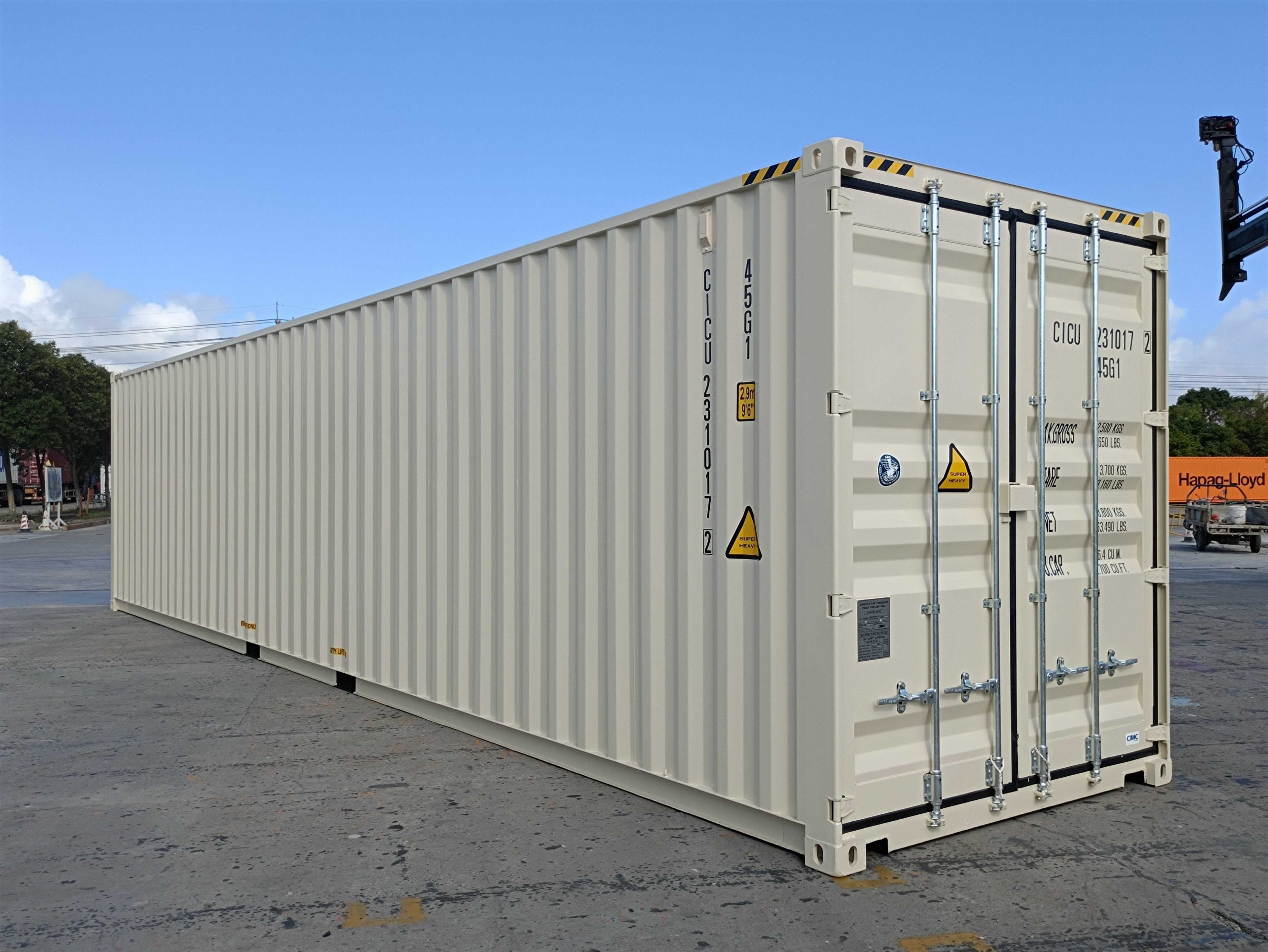Everything You Need to Know About 20ft Shipping Containers
Shipping containers have ended up being a substantial element of contemporary logistics, and the 20ft shipping container is among the most popular sizes in the industry. Whether you are considering buying one for storage, shipping, and even converting it into an unique home, understanding the requirements, advantages, and uses of a 20ft shipping container can assist guide your decision.
Comprehending the Dimensions and Specifications
Requirement Dimensions
| Spec | Measurement |
|---|---|
| Outdoors Length | 20 ft (6.06 m) |
| Outside Width | 8 ft (2.44 m) |
| Outside Height | 8.5 ft (2.59 m) |
| Inside Length | 19.4 ft (5.9 m) |
| Inside Width | 7.7 ft (2.35 m) |
| Inside Height | 7.9 ft (2.39 m) |
| Tare Weight | 2,200 kg (4,850 pounds) |
| Payload Capacity | 28,000 kg (61,729 lbs) |
| Maximum Gross Weight | 30,480 kg (67,200 lbs) |
Container Types
While the standard 20ft container is typically utilized, various types are likewise offered, each fit to particular requirements.
- Standard Dry Container: The fundamental design, used primarily for basic cargo storage.
- High Cube Container: An extra foot taller than standard containers, permitting extra packing area.
- Refrigerated Container (Reefer): Designed for temperature-sensitive products.
- Open Top Container: Used for oversize cargo that can not fit through the doors.
- Flat Rack Container: Ideal for heavy loads and equipment, offering a flat surface.
Advantages of a 20ft Shipping Container
- Flexibility: 20ft shipping containers have different applications, from shipping products to on-site storage and even recreational housing.
- Economical: Smaller than 40ft containers, they frequently come at a lower price, making them more available for little companies and individuals.
- Easier Transportation: Their size enables much easier handling, transportation, and placement without the requirement for specific devices.
- Toughness: Constructed from robust steel, shipping containers are created to endure extreme shipping conditions, making them lasting and trustworthy.
- Modularity: Can quickly be stacked or connected to create bigger structures or configurations, suitable for short-term workplaces or storage lawns.
Typical Uses
- Storage Facilities: A popular option amongst services for safe, weather-proof storage of tools and materials.
- Pop-up Shops and Cafés: Entrepreneurs have actually creatively used containers to set up temporary retail spaces.
- Homes and Cabins: The pattern of container homes has led numerous to convert 20ft containers into compact habitable spaces.
- Vacation Rentals: Unique stays have emerged through shipping container conversions.
Factors to consider Before Purchase
| Elements | Factors to consider |
|---|---|
| Condition | New, utilized, or refurbished; examine for rust or damage. |
| Transportation | Understand transportation expenses and logistics. |
| Permits | Check local zoning laws for shipping container use. |
| Insulation | Think about insulation for temperature-sensitive applications. |
| Versatility | Choices for customizing the container for specific needs. |
Often Asked Questions (FAQ)
1. Just how much does a 20ft shipping container expense?
The average price for a 20ft shipping container varies from ₤ 1,500 to ₤ 3,500, depending upon its condition and modifications. New containers cost more, while utilized and reconditioned alternatives can be more affordable.
2. Can 20 Ft Sea Container live in a shipping container?
Yes, lots of people live in converted shipping containers. They can be insulated and created to fulfill living standards; nevertheless, ensure compliance with local building regulations.
3. Are shipping containers water resistant?
Shipping containers are designed to be weather resistant, however with time, seals might deteriorate, so regular maintenance is suggested.
4. How do I move a shipping container?
Moving containers needs specialized equipment, such as a flatbed truck or a container dolly. It is advised to hire specialists for safe transport.
5. Does a shipping container require a structure?
While not constantly required, putting a container on a level foundation can help avoid settling and improve stability.
6. What is the life-span of a shipping container?
With appropriate upkeep, a shipping container can last 25 years or more. Different factors, such as usage and ecological conditions, will affect its lifespan.
A 20ft shipping container can be a versatile asset suitable for many applications, from storage solutions to ingenious living spaces. Its size, toughness, and economical nature make it interesting both businesses and individual customers. By understanding the specifications, advantages, and useful applications, potential purchasers can make educated choices that finest suit their needs. As the world moves towards more sustainable and effective options, shipping containers will likely stay a prominent part of modern living and logistics.

